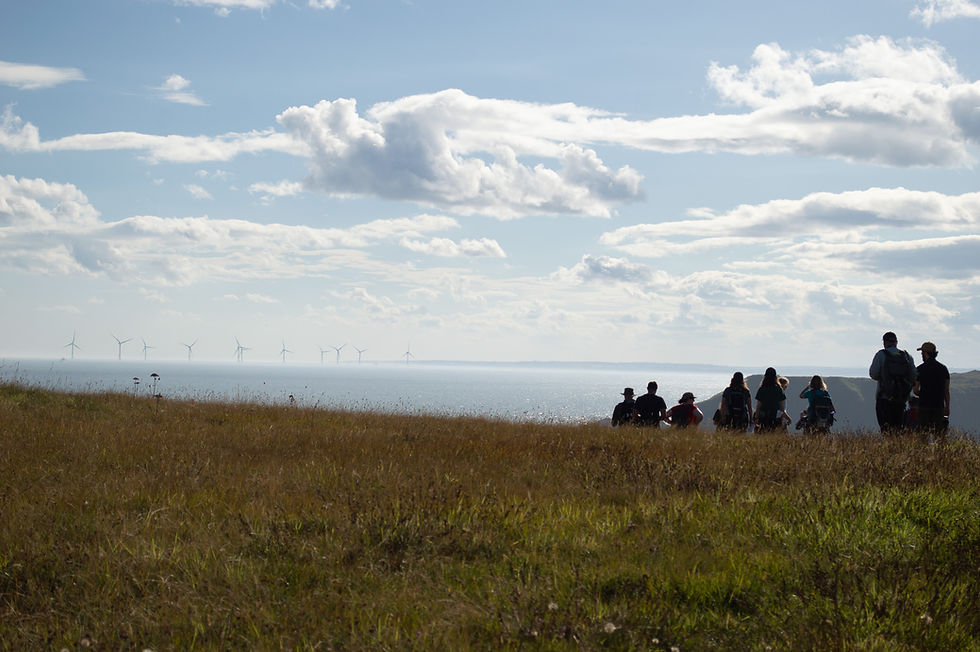Economic Sustainability: The Leading Path to a Resilient Future
- MOYO Training
- Jan 12, 2024
- 2 min read

In a world shaped by rapid technological advancements and global interconnection, the concept of ‘economic sustainability’ has taken centre stage. Economic sustainability goes beyond short-term planning as it emphasises the need for a balanced approach that allow both present and future generations to meet their own needs. This approach allows destinations to rely on resilient economies that can withstand shocks, promote social well-being, and protect the environment.
At the heart of economic sustainability lies the idea of responsible resource management. Natural resources are often considered the pillar of economic development, and they must be wisely used to prevent depletion and ensure their availability for future generations. This requires companies to adopt eco-friendly practices and the integration of renewable energy sources.
In the tourism sector, economic sustainability is crucial to ensure that the industry contributes positively to local economies without causing long-term harm to the environment and communities. For example, community-based initiatives, fair and equal wages, local sourcing of goods and services, supporting SMEs, and sustainable infrastructures are all sustainable economic practices.
MOYO Training Foundation embraced these principles during the training course I took in the Central Apennines, Italy. In fact, we stayed in a mountain refuge where the magical atmosphere was a result of the strictly limited access to comforts. Limited hot water, limited electricity generated by solar power, and scarce mobile connection added a unique value to the overall experience. As a traveller, I found it to be the perfect getaway in a world where every comfort is easily accessible, often at the expense of the environment and the well-being of future generations.
In the business realm, sustainable practices are becoming increasingly vital. Companies are recognizing the importance of adopting environmentally friendly processes, ethical supply chain management, and socially responsible business models. Consumer preferences are shifting towards environmentally conscious products, encouraging businesses to incorporate sustainability into their core values.
As the modern world is revolutionizing, economic sustainability is not merely an option but a necessity. It requires a collective effort from individuals, businesses, and governments to strike a harmonious balance between economic prosperity, social equity, and environmental responsibility. By embracing sustainable practices today, we pave the way for a resilient future for generations to come.
This is part 4 of Alice Giancaterino's blogs for MOYO on Nature Positive Tourism.
Would you like to learn more about Nature Positive Tourism? Sign up for our Online Training or Field Training.








Comments